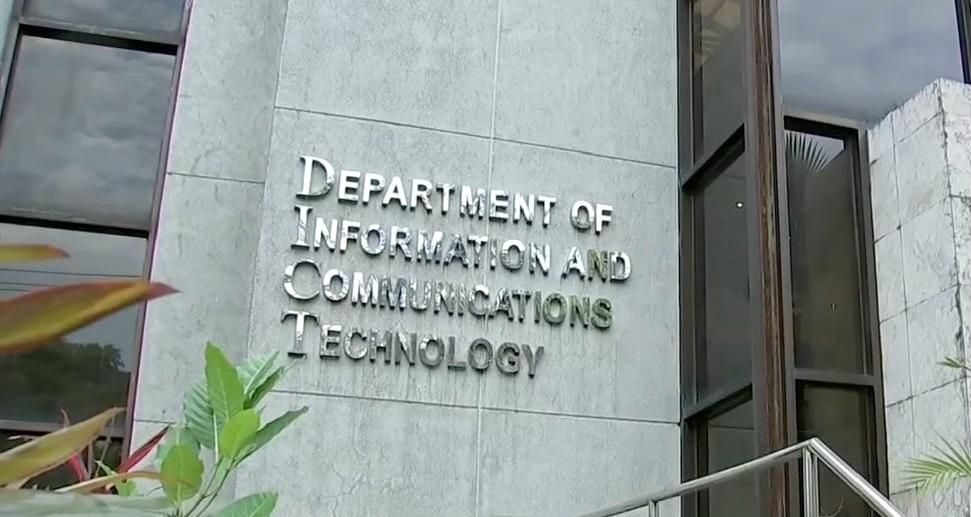DICT to require independent common tower firms to build cell sites in isolated areas

The Department of Information and Communications Technology (DICT) will soon issue a circular on common tower policy that would allow cell sites to be built in geographically isolated and disadvantaged areas as part of the Marcos administration’s plan for a digitized economy.
“We need to establish a policy that would direct them (cell site station builders) to put their investments in GIDAs…for the country to achieve a fully digitized economy as envisioned by President Bongbong Marcos,” said DICT Assistant Secretary Renato Paraiso.
Paraiso said that there are over 50 independent common tower companies in the country that need to catch up with the 50,000 targeted cell sites for the common use of the telcos.
The DICT official added there are currently only 2,374 cell sites that were recorded to have been constructed by the independent common tower companies.
But Paraiso noted that the agency is still in the process of updating the number of cell towers owned by big local telecommunications companies such as Globe, Smart-PLDT, Converge, and DITO.
While at least 65% of the country still without internet connection, the DICT has temporary plans to address this.
“Well, the short term plan is always for our free WiFi for all program, initiated by our Secretary Ivan Uy, which would hopefully bring coverage to those GIDA sites,” said Paraiso.
“The medium term plan is, again, I’m bringing it back to the improvement of our digital infrastructure, highlighted by the NBP (National Broadband Plan) programs.”
Paraiso said that the Public Service Act, which removes restrictions on foreign ownership for telecommunications companies, could encourage foreigners to invest in independent common tower builders.
“I think the benefits of the Public Service Act outweighs 'yung mga hiling ng ating pribadong sektor para ma-exempt sila sa mga fees. I think there are other ways of achieving what they want, apart from redesignating them from public services to public utilities,” he said.
(I think the benefits of the Public Service Act outweighs the wish of our private sector to exempt them from fees. I think there are other ways of achieving what they want, apart from redesignating them from public services to public utilities.) —Vince Angelo Ferreras/AOL, GMA Integrated News




